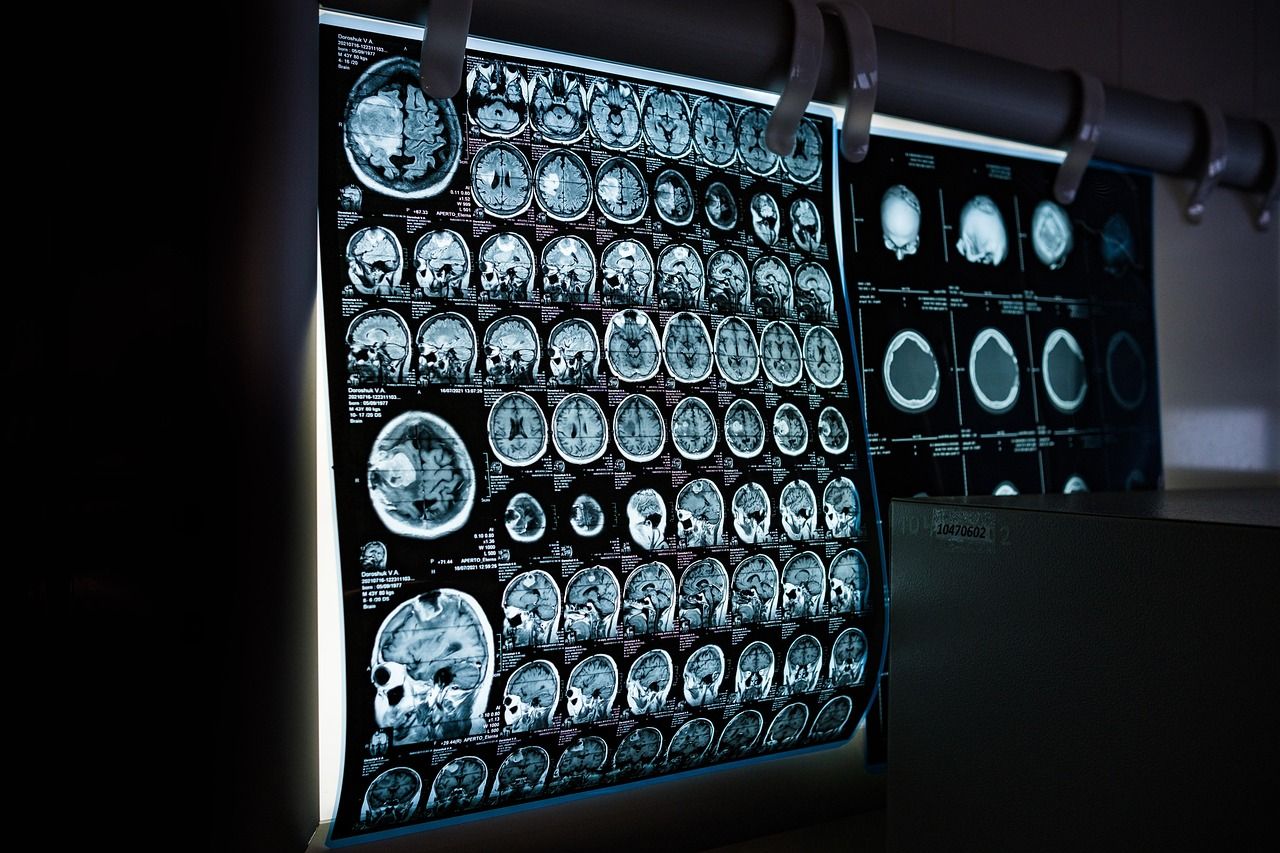
The Research in Orthopedic Computer Science (ROCS) group at the University of Zurich develops advanced solutions for surgical guidance and robotics. Our work combines medical imaging, computer vision, and machine learning with strong clinical translation, in close collaboration with Balgrist University Hospital and the national research platform OR-X.
They are offering a PhD position in Robotic Imaging and Surgical Guidance. The project aims to transform mobile fluoroscopy into an intelligent robotic platform for intraoperative navigation. Building on our AI-driven reconstruction pipelines, the research will advance three core areas: robotic imaging (end-effector design, calibration, motion planning), 3D reconstruction (multi-view geometry, pose estimation, AI-based reconstruction), and surgical guidance (real-time, context-aware feedback and visualization).
This position provides a unique opportunity to work at the frontier of computer-assisted orthopedic surgery, embedded in Zurich’s vibrant MedTech and AI ecosystem. With direct access to the state-of-the-art OR-X infrastructure for translational validation, the successful candidate will join an innovative team and collaborate with surgeons and industry partners to shape technologies with strong potential for clinical adoption.
Requirements
You hold an excellent MSc degree in robotics, electrical engineering, or computer science, with a strong background in robotic control, computer vision, and image processing – ideally in the context of computer-assisted surgery. You bring excellent programming skills, hands-on experience with hardware (e.g., KUKA-like robotic arms, cameras, tracking systems, imaging devices), and proficiency with software frameworks (ROS/ROS2, OpenCV, ITK/VTK, AI/ML libraries).
They are looking for candidates who demonstrate:
- Solid understanding of robot kinematics, motion planning, and control, including forward/inverse kinematics and collision avoidance
- Practical experience with multi-view geometry, 3D reconstruction, pose estimation, and camera calibration, and proficiency in relevant libraries (e.g., OpenCV, Open3D)
- Familiarity with AI/ML frameworks (e.g., PyTorch, TensorFlow) and medical image analysis libraries (ITK, VTK, Slicer3D, MONAI)
- Experience with hardware-software integration, including encoders, sensors, and safety aspects of robotic workflows
- Excellent communication skills in English (German is an asset), combined with initiative, problem-solving ability, and teamwork
Benefits
- A competitive PhD salary in accordance with SNF guidelines
- A flexible working environment with hybrid (on-site + remote) options
- An inspiring workplace at Balgrist CAMPUS, Lengghalde 5, 8008 Zurich
- Access to OR-X, a state-of-the-art national research infrastructure shaping the future of surgery
- Opportunities to participate in international conferences and workshops
- Teaching experience and supervision of MSc student research projects
Organization/Company – Academic Europe.
Research field –Engineering » Electrical engineering
Research profile – First Stage Researcher (R1).
Country – Switzerland.
Application Deadline – 2 Dec 2025 – 23:59 (Europe/Zurich).
More information: Euraxess






Leave a Reply